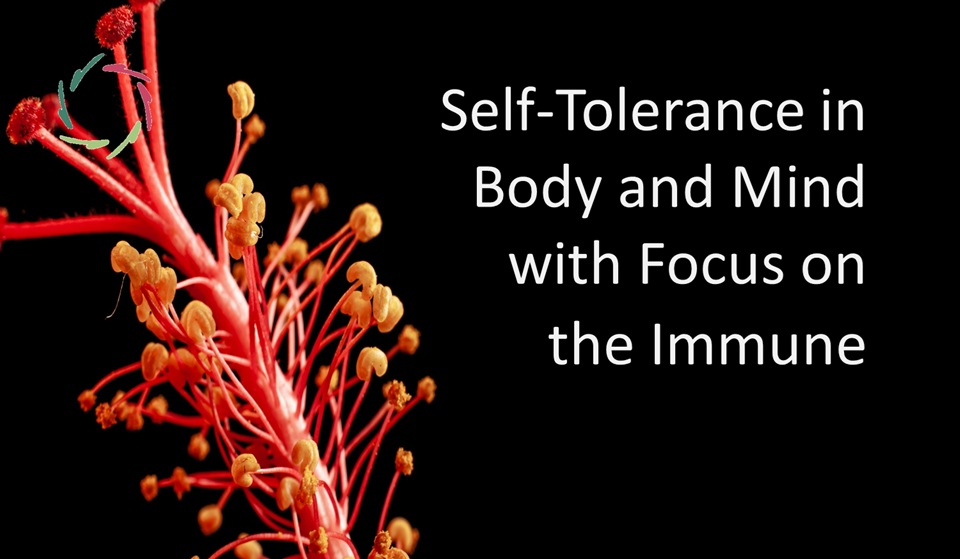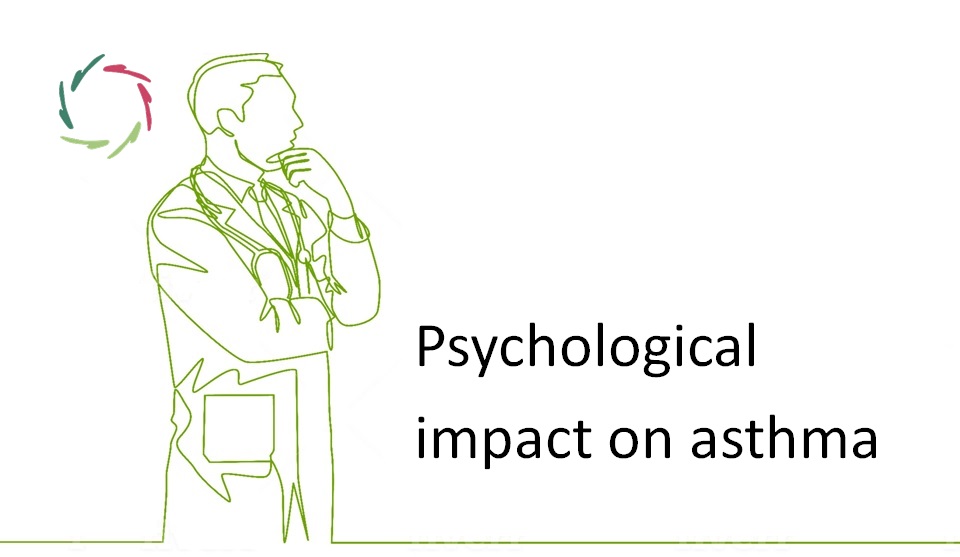The Mind in Auto-Immune Disorders

As in many areas of psycho-somatics, the mind is not generally recognized as of crucial importance in auto-immune disorders.
Therefore, it may surprise you that extensive scientific evidence highlights the significant influence of the psyche (mind) on the soma (body) in various Auto-Immune Disorders (AIDs). [*]
Roaming around in PubMed (a comprehensive medical infobase).
The findings from my preliminary, unstructured search are compiled in this PDF (also containing Lisa’s possible role and an extensive Q&A). This is just some of the available high-level scientific evidence. These results offer a glimpse into the growing body of research on this topic.
Of course, It’s important to note that this does not imply it’s all psychological, let alone ‘in the mind, therefore not real.’ Also, in mind-body unity paradigm, there is no point in any struggle between the mind-camp and the body-camp.
Yet, incorporating this understanding can significantly impact the management of AIDs.
For each individual, the most effective treatment plan involves a tailored combination of mind and body modalities, adaptable to the person’s unique circumstances.
In my view, this dynamic flexibility is best supported by Lisa, for reasons such as:
- offering cost-effective, one-on-one interactions with multiple individuals simultaneously, available 24/7
- ensuring consistency, which facilitates research, progress, and enhances trustworthiness
Underlying unity in Auto-Immune Disorders
Diverse AIDs are typically viewed as separate conditions but may actually represent one disease with various symptomatologies based on individual tendencies, as evidenced by high co-morbidity rates (up to 90%). This perspective could revolutionize how we approach diagnosis and treatment, focusing on underlying commonalities that are more centrally focused (this is, brain/mind-related) rather than surface differences that mainly show peripherally (in affected organs).
This concept and focus shift are reminiscent of Functional Pain Syndromes. In their hefty book and based on a ton of research, the authors clarify that chronic functional pain syndromes have a more than intriguing common core in the brain/mind.
Why is this relevant?
Currently, patients with functional pain or AIDs are often treated by various specialists focusing on specific symptoms, with minimal consideration for underlying commonalities. Typically, a psychologist may also be involved, yet psychologists usually refrain from offering in-depth diagnostic assessments in AIDs, staying away from any in-depth diagnostic critique. This compartmentalized approach limits scientific progress and maintains the status quo.
Breaking down these silos could pave the way for new insights and innovative treatments that address the full spectrum of patient needs.
A new paradigm may be emerging.
This paradigm shift could integrate mind-body unity more thoroughly into medical practice, transforming how we understand and treat AIDs.
Lisa can also delve deeply into the relevance of a broader, more nuanced concept of stress. Often, stress is seen as an undifferentiated concept, but a kaleidoscope of meaningfulness can emerge from this box of Pandora through Lisa’s capabilities of pattern recognition.
Understanding stress as a complex, multifaceted phenomenon could enhance our ability to address its role in AIDs and other health conditions. The full significance of this is hard to predict — simply because our current understanding is limited. We might be facing a metaphorical cave wall, with a vast, unexplored space on the other side. Lisa’s explorations could be the key to unlocking this new frontier in understanding and managing AIDs and related conditions.
Will Lisa open these doors?
—
[*] Common autoimmune disorders include:
- Addison disease.
- Alopecia areata
- Autoimmune hepatitis
- Celiac disease – sprue (gluten-sensitive enteropathy)
- Dermatomyositis.
- Graves’ disease.
- Guillain-Barré syndroms
- Hashimoto thyroiditis.
- Inflammatory bowel disease (Crohn disease, ulcerative colitis)
- Lupus
- Multiple sclerosis.
- Myasthenia gravis.
- Pernicious anemia.
- Psoriasis.
- Rheumatoid arthritis.
- Sjögren disease.
- Type 1 diabetes.
- Vitiligo.


